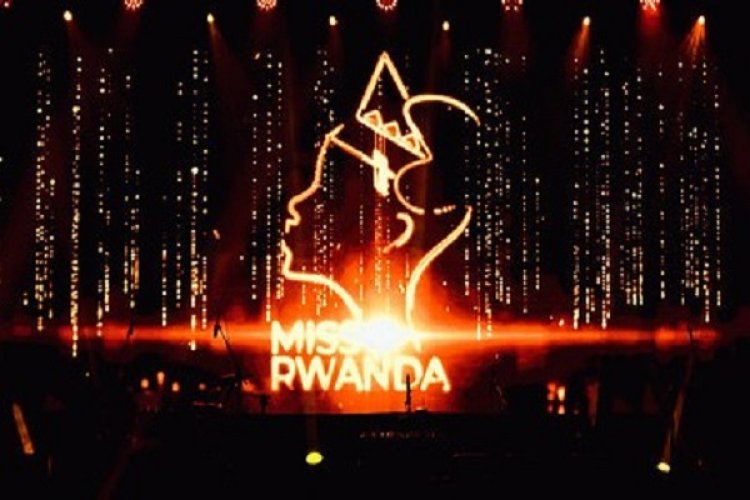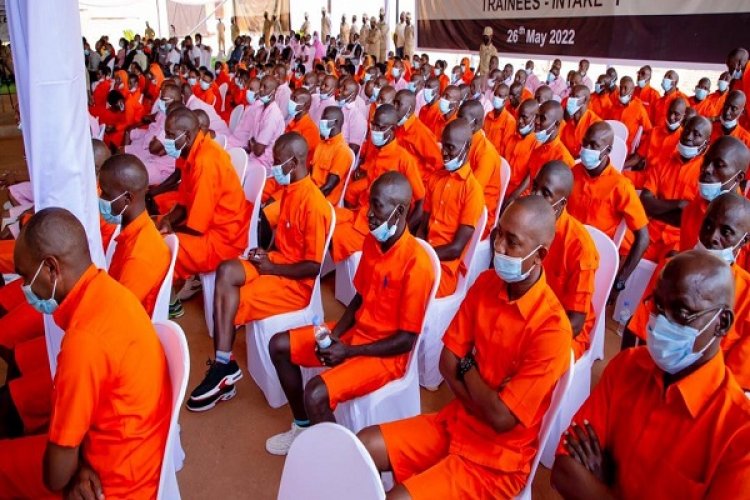I attended an insightful online discussion this Wednesday where participants almost agreed that the ‘infamous’ Twitter Spaces a.k.a the Miss Rwanda saga held this week were synonymous with all sorts of ‘potential’ violations legally speaking.
From naming victims of sexual offences, shaming individuals for partaking in sex for favours [without tangible facts], peddling speculations over people’s role in things that amount to serious crimes, defamatory statements, character assassinations and so forth.
There were also things that, according to speakers at the forum, may interfere with on-going investigations by relevant authorities, and those that infringe on suspects’ presumption of innocence.
All were said in the name of free expression of opinions or encouraging those who know a thing or two about the wrongs that allegedly plagued the Miss Rwanda beauty pageant to speak out.
READ: Miss Rwanda: The arrest and issues with clout chasers
Apparently, one or more wrongs were being committed within every minute and every statement by either hosts or some guests invited to take microphones on the Space started to ‘uncover’ facts, ‘expose’ wrongs.
“How do we move from exposing wrongs by committing other wrongs?” asked Janvier Nshimyumukiza, a fellow publisher who was the host of the forum yesterday.
“It would not be surprising if people find themselves facing the law over crimes committed on these ‘Twitter’ Spaces. People must be careful.”
4000 plus audience
It is from yesterday forum that I learnt how some of the speakers who peddled all sorts of allegations, named and shamed people since started recanting their statements.
I think pressure mounted – offline — on them to provide proof for allegations they fed the 4,000 plus listeners of what I dubbed the longest Twitter Space in history of Spaces.
For instance, there is this guy I will not name [social media has his details and recordings] who is desperately fighting to renounce his defamatory remarks saying they were just things he heard people saying and he made a mistake to believe it.
This after he said: As someone who was in the administration [of Miss Rwanda] (… he went on to state specific dates when “things” happened) everyone on the team knew that Miss [name withheld], after being crowned had sex with [name withheld]. It’s obvious that they were having sexual relationship.
Lessons learnt
Now, where do we go from here? What lessons have we learnt? – These were the questions on the minds of many at Wednesday evening forum.
While publicly discussing, denouncing or exposing wrongs like sexual offences help a great deal in awareness, prevention and can spark action, alongside lending a hand to victims to speak out, it can do a lot more damage if not properly executed.
Legal experts shared that like the identification of victims or sharing of details that can lead to their identification by the public – both happened at the Spaces in question – only lead to harm, embarrass victims and those related to them.
This definitely discourages many from speaking out.
Besides, recklessly stating details in these cases may obstruct delivery of justice like in the ongoing situation where a suspect is under investigation. There are others possibly, who knows.
I heard, for instance, that culprits/suspects may use such details to wage terror on victims or evade justice.
Bottom line
While it’s great that technology/internet gives and keeps giving us countless avenues and platforms to meet up, exchange and express ourselves, it appears this has not gone at the same pace with digital literacy about the dos and don’ts in the cyber space.
Just like seen in the Spaces I have earlier referred to, many people engage in cyber criminality knowingly or unknowingly. Things like cyberbullying, impersonation, defamatory attacks, spread of rumors and hate speech and what have you.
But it goes beyond that to putting out obscene content and these other things people do in the name of getting views, followers, attention – basically ‘Gutwika’ (be a hit).
I’m of the view that if it were not that most of individuals affected by these online behaviors choose to keep silent or don’t take action, it would be costly to use social media without due respect of the laws.
Now let me ask you: Do you see journalists exhibiting these same behaviors online?
Kindly call them out aloud and decline to give them interviews next time they call you until they stick to proper ethical conduct.
Also, can people normalize suing those who offend them online? I personally don’t wish that it should get to that extent but it’s inevitable when things don’t seem to go away.
Let’s keep the constructive discussion going. Find me on Twitter










